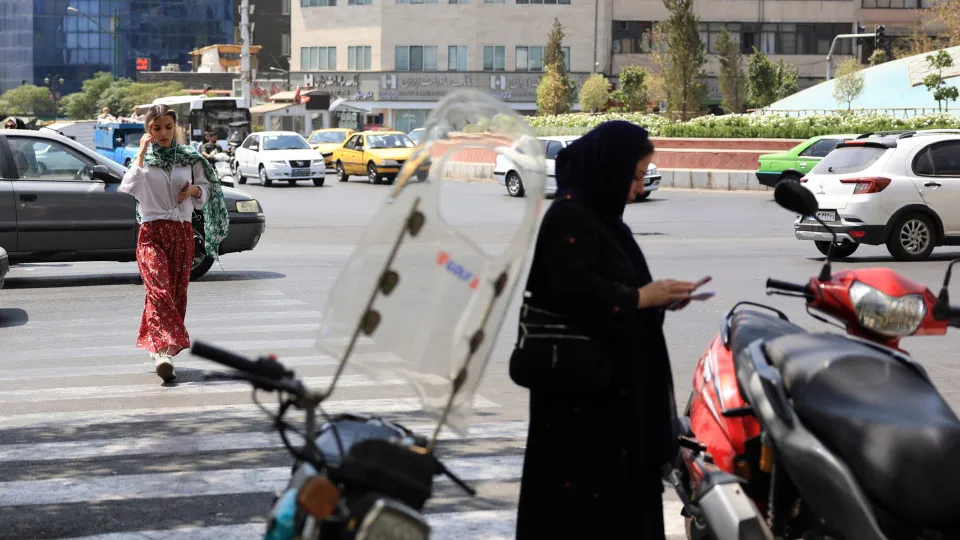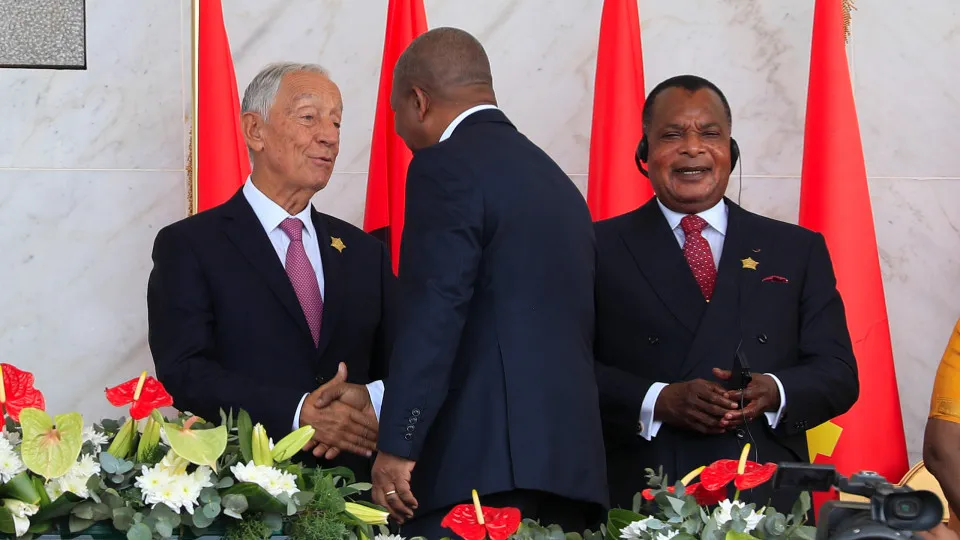
“Our estimates suggest that if all [labor market access] restrictions faced by women were removed, gains could reach 30% of GDP [Gross Domestic Product] per capita across the region,” stated Roberta Gatti, the World Bank’s chief economist for the Middle East, North Africa, Afghanistan, and Pakistan, during a press conference in Rabat.
“We can achieve incredible growth”, warned the official at the presentation of the World Bank report “Jobs and Women: Untapped Talent and Pending Growth.”
The document compiles data on the economic situation and gender inequalities in the region, noting that over the past decade, the number of qualified women has increased thanks to higher public investment in education.
However, this has not translated into greater access for women to the labor market, with the region maintaining one of the lowest female labor force participation rates globally.
According to the report, for every 100 working-age women in the Middle East, North Africa, and Pacific region, only 20 have access to the labor market.
The restrictions women face
Among the restrictions women face are wage discrimination, the high cost of childcare, and perceptions of women’s work in the region’s countries.
Harassment is another barrier to women’s entry into the labor market, emphasizes the World Bank document, citing a survey where, for example, in Egypt, 63% of women reported being victims of sexual harassment at their workplace.
The World Bank forecasts that the working-age population in that region will increase by 220 million over the next 25 years, representing the second-highest growth rate in the world, but laments that conditions have not been created to capitalize on “this promising demographic dividend.”
The World Bank’s chief economist believes that the priority of these countries should be “creating jobs” for everyone and “adding greater dynamism” to the private sector, highlighting the need to harness the potential of qualified women for growth.
She cited Saudi Arabia as an example, noting that the country managed to correct perceptions about women’s work by creating a favorable environment, which resulted in an increase in female participation from 20% to 34% over the past decade, “one of the fastest increases globally.”
Additionally, the World Bank observed “notable progress” in female labor force participation in Algeria, Tunisia, and Pakistan, but warned of “setbacks or stagnation” in countries like Egypt, Morocco, Iran, and Jordan.
On the other hand, the report presented a more optimistic economic outlook for the region under review, with projected growth of 2.8% in 2025 and 3.3% in 2026.




